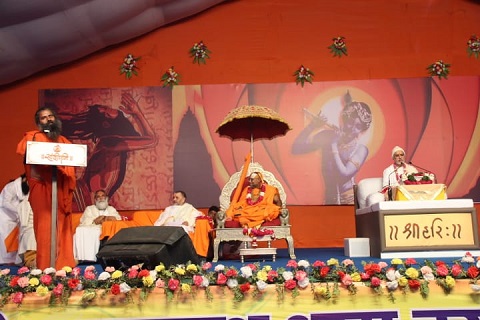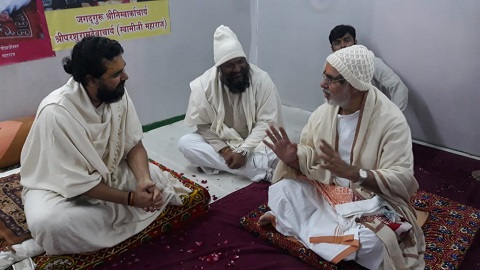Let us make this world more beautiful
Whether fire is from a lamp, candle or other means, it has only two functions: to burn and spread brightness. It is up to us and our vivek (discrimination) on how and where we utilise it.
This same fire can cremate a human body whilst it can also get rid of darkness and spread brightness in the entire world. Utilising the same thing can lead to a good deed or a sin.
It is not necessary to curse or complain about anything, person or circumstance in this world. Instead, it is necessary to understand the qualities, nature and disposition of these and use it for the welfare of the society.
The world is very beautiful. True Yagya is to make it even more beautiful through our discrimination, thoughts and virtuous actions.



